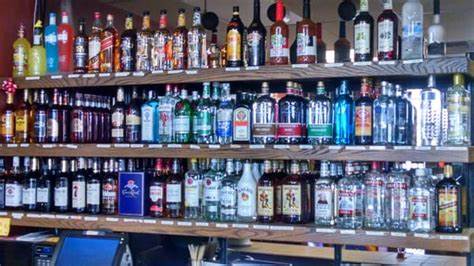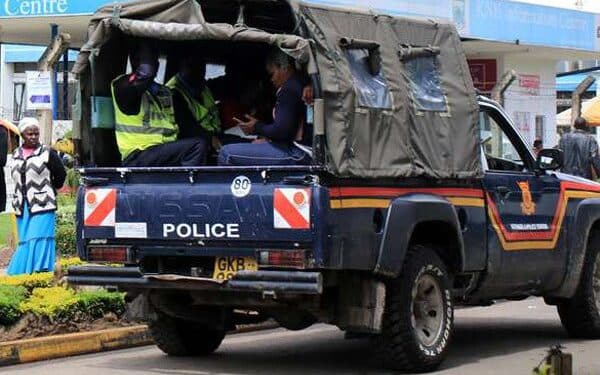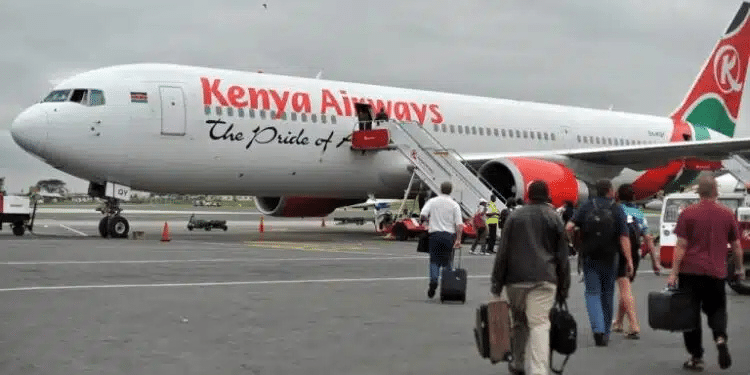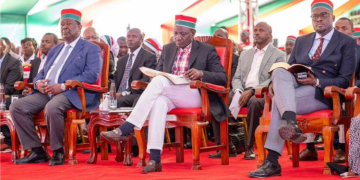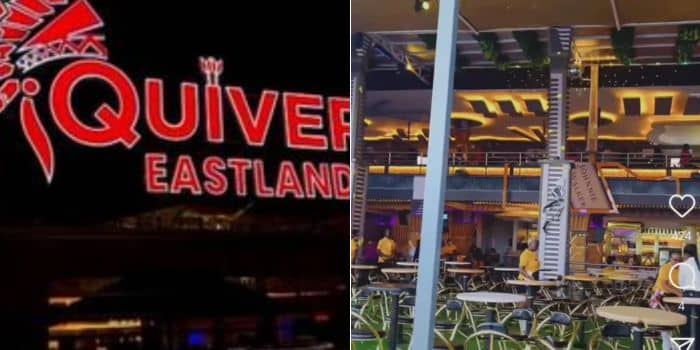The Nairobi County Executive Committee Member in charge of Physical Planning who works under Nairobi Governor Johnson Sakaja has listed specific areas approved for the establishment of nightclubs.
In a gazette notice dated March 23, the governor indicated that operations in the listed areas will be guided by specific published regulations and principals.
The listed locations include areas within the CBD, Industrial Area, shopping malls, Westlands area, Upperhill, Ngara, Karen and major roads.
“IN EXERCISE of the powers conferred by section 55 1 (A-H) of the Nairobi City County Physical and Land Use Planning Act, 2019, and all other enabling provisions of the laws, the County Executive Committee Member in charge of Physical Planning in concurrence with the Governor, Nairobi City County, gazettes the enlisted as commercial areas for operationalization of nightclubs, with effect from the 15th March, 2024,” the notice read in part.

Approved Locations and Areas in CBD and Industrial Area
The Central Business District (CBD) areas approved for clubs include Tom Mboya Street, Moi Avenue, Kenyatta Avenue, University Way, Koinange Street, Nairobi River, Haile Selassie, Uhuru Highway, River Road and Harry Thuku Road.
However, operations are allowed under the condition that the establishment captures the boundaries within the CBD, inclusive of lanes, and subject to the laid down conditions for the license to be issued.
Also, it shall be accompanied by a map of the area to clearly visualize the exact locations where the outlets can legally operate.
“Licensing shall be done upon conclusive inspection and approval by the relevant department.
“Nightclubs shall not be located within the boundaries of the Government Square or within Government precinct,” explained the notice.
Additionally, in industrial area, Sakaja approved establishment of nightclubs along Landhies Road, Factory Street, Workshop Road, Bunyala Road, Uhuru Highway, Commercial Street, Enterprise Road, Lungalunga Road, Makadara Railway, and Viwandani Enterprise Road.
Other areas include Aoko Road, Nairobi River, Outering Road, Dandora Industrial Zone, Kariobangi Industrial Zone and Mathare North Industrial Zone.
Cconditions include “strict adherence to the guiding principles and strict adherence to the guiding principles specified in the zoning policy.”
Also Read: City Hall Stops Decision to Revoke Licenses of 43 Night Clubs
Sakaja Lists Approved Locations and Areas in Westlands, Karen and Other Areas
Approved locations in Westlands include Chiromo Road, Crossway, Muthithi Road, Mpesi Lane Mogotio Road, Parklands Road, Ring Road and Ojijo Road.
For shopping malls, the notice directed proprietors to obtain appropriate approvals from the relevant government institutions.
Areas along major roads including Thika Road, Mombasa Road, Eastern Bypass, Kangundo Road, Kiambu Road will also be approved.
On the other hand, approved locations in Ngara shopping center include Muranga Road, Ring Road, Nairobi River and Limuru Road, while approved Upperhill areas include Upper Hill Link Road, Hospital Road, Elgon Road Matumbato Road, Kiambere Road and Railway Line.
Approved Pangani areas include Thika Road, Muratina Street, Kipande Athumani Street, Mweni Road, Hombe Road and Ring Road Ngara.
In addition, the notice indicated that nightclubs in Karen will only be allowed to operate along Ngong Road, Karen Road and Langata Road.
However, the clubs should only be set within the shopping center.
“Nightclubs should not be located along Karen Road because of proximity to the Deputy President’s official residence,” added the statement.
Also Read: Sakaja Bans Night Clubs in Nairobi Estates
Guidelines For Licensing of Clubs
According to the notice, nightclubs will be established in zones which are considered to be predominantly commercial nodes with minimal residential developments.
Also, they will be located within commercial nodes, along major roads and areas with compatible land uses such as offices and
commercial.
“Night club establishments should be located in areas with adequate space to accommodate the target population.
“They are expected to employ adequate and stringent measures to manage traffic flow during peak hours thus preventing congestion and noise pollution,” added the statement.
All clubs are required to implement soundproofing measures to prevent noise pollution to adjacent buildings or developments and minimize disturbances.
Buffer zones between bars and restaurants, and residential properties will also be a requirement in commercial nodes which are in close proximity to residential areas.
“The process of licensing nightclubs will be inclusive to the extent that the public shall be given an opportunity to give their views on the location of the establishment before the licensing is done,” it indicated.
